DALLAS — In a competitive industry like commercial aviation, innovation and exploration of new methods and ideas are crucial for any airline’s success. Vueling (VY), the European low-cost carrier (LCC) member of the International Airlines Group (IAG), has found its way to connect more closely with customers by introducing biometric boarding in seven airports across Spain.
This system, a pioneer in the European civil air market, allows passengers to check in, get through security checks, and board aircraft without using a single piece of physical documentation. Instead, all these processes are managed through facial recognition.
Airways had the chance to talk with the Digital Transformation and Innovation team of VY and discuss the performance of biometric boarding at the beginning of its implementation, and its potential viability in the long term on a larger, worldwide scale on all airports in the world.

What’s the Motivation Behind the Project?
Javier Álvarez Sánchez, Information Technology Director at Vueling, stated that the main idea of the implementation of biometric boarding is to make the process for customers as easy and smooth as possible: “We are trying to provide the best customer experience. We understand that the airport experience can be stressful, especially for those customers who are not used to flying frequently.”
As of May 2024, the LCC compressed this process into three steps.
- First, the customer shall check-in for their flight online as it has always been done.
- After retrieving the boarding pass for the flight, the passenger gets the option to register their facial recognition data by registering their identity document.
- Eventually, they shall take a picture of themselves.
Once these steps have been completed, the client can get to the airport and go through the self-bag drop, security check, and boarding without showing any physical documentation.
“We have dedicated queues for facial recognition, and we observe that the customers who use this option are thrilled with it, as they don’t even need to take their hands out of their pockets in these queues. Since its official introduction in February, more and more passengers have discovered and switched to this method,” Javier clarified.

What are the Biggest Challenges for Large-Scale Implementation?
“The biggest challenge for us is that we need to work with each airport authority of each destination we fly to”, Javier explained.
Currently, VY is working with Aena, which is the airport authority responsible for the large majority of airports located in Spain. As of today, the low-cost carrier offers biometric boarding at seven airports: Barcelona (BCN), Madrid (MAD), Menorca (MAH), Palma de Mallorca (PMI), Ibiza (IBZ), Tenerife (TFS), and Las Palmas de Gran Canaria (LPA).
“In the future, we want to implement this in all of our European networks. After observing the adaptation of passengers during the next months, we expect to work with authorities of our other main hubs in Europe, such as Rome, Paris or Amsterdam.”

Is Passenger Privacy at Risk with Biometric Boarding?
Javier Sánchez clarified that biometric boarding is a completely voluntary option. “Passengers can still follow the same process as always. Despite this, we can ensure that all the procedures are compliant with the European General Data Protection Regulation.”
“While all the data registered from the passengers is currently being stored in the Aena and Vueling databases, we are only accessing this information to validate the boarding of our customers, but we are never storing additional details in our database.
“We guarantee that the data is only used for its basic purpose, and the one that the passenger accepted at the moment of the registration.”

Flying Without Physical Documents: Is it Viable Worldwide?
“It’s difficult to predict when will biometric boarding expand to the rest of the world. However, in the busy seasons for commercial aviation, like the summer or Christmas Period, as facial recognition balances the security requirements with customer experience, once passengers get used to this process, they will be the ones demanding the tools from the authorities worldwide.
“That’s why we want to be pioneering in this project”, reassured Javier: “We trust that in a few years, it will be implemented in many stations across Europe and the rest of the world.
Stay tuned to Airways, as our team will very soon be personally reviewing on-site how Vueling’s facial recognition and biometric boarding performs in a large hub like BCN, and if it is as efficient and comfortable as promoted by one of Europe’s largest low-cost airlines.

.jpg)
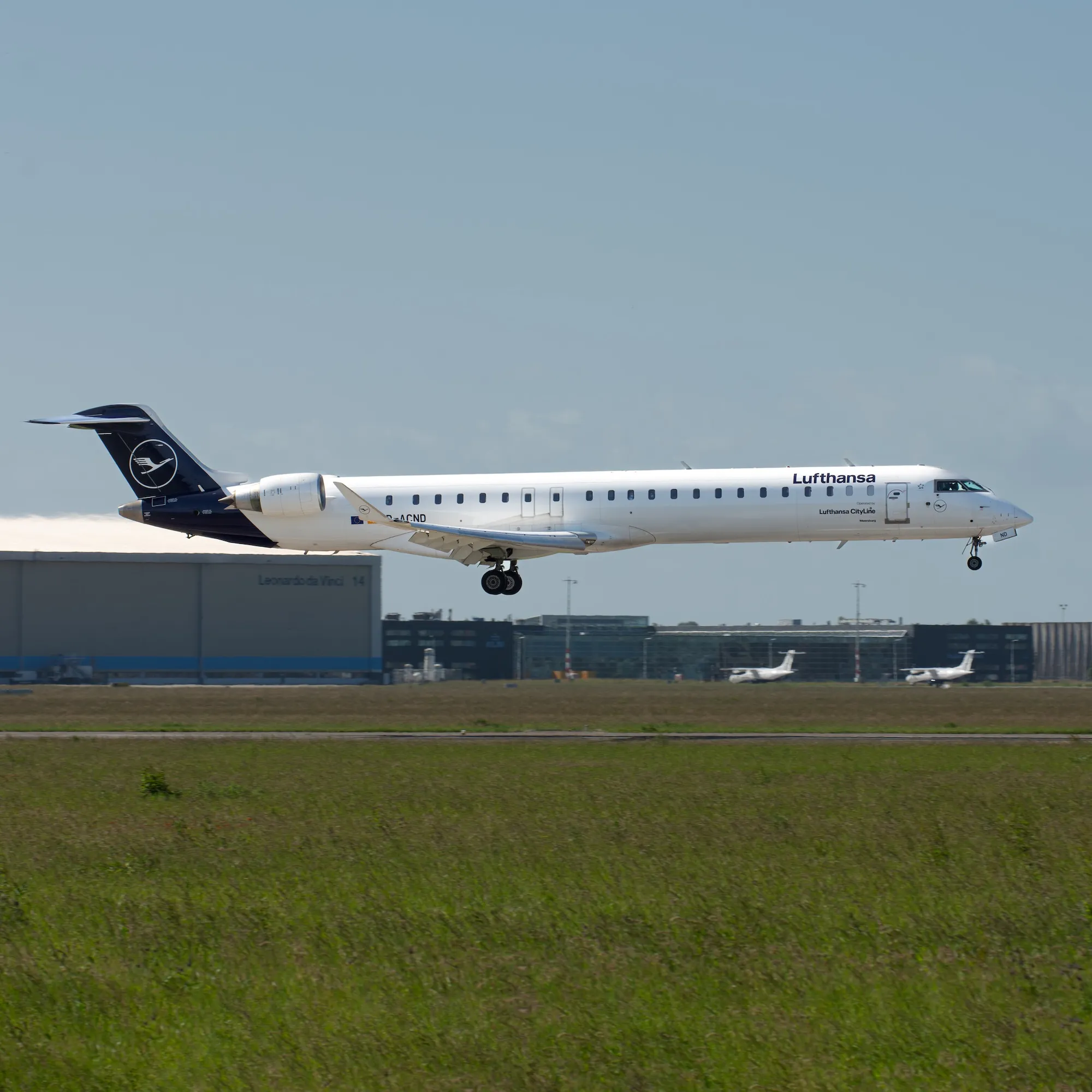
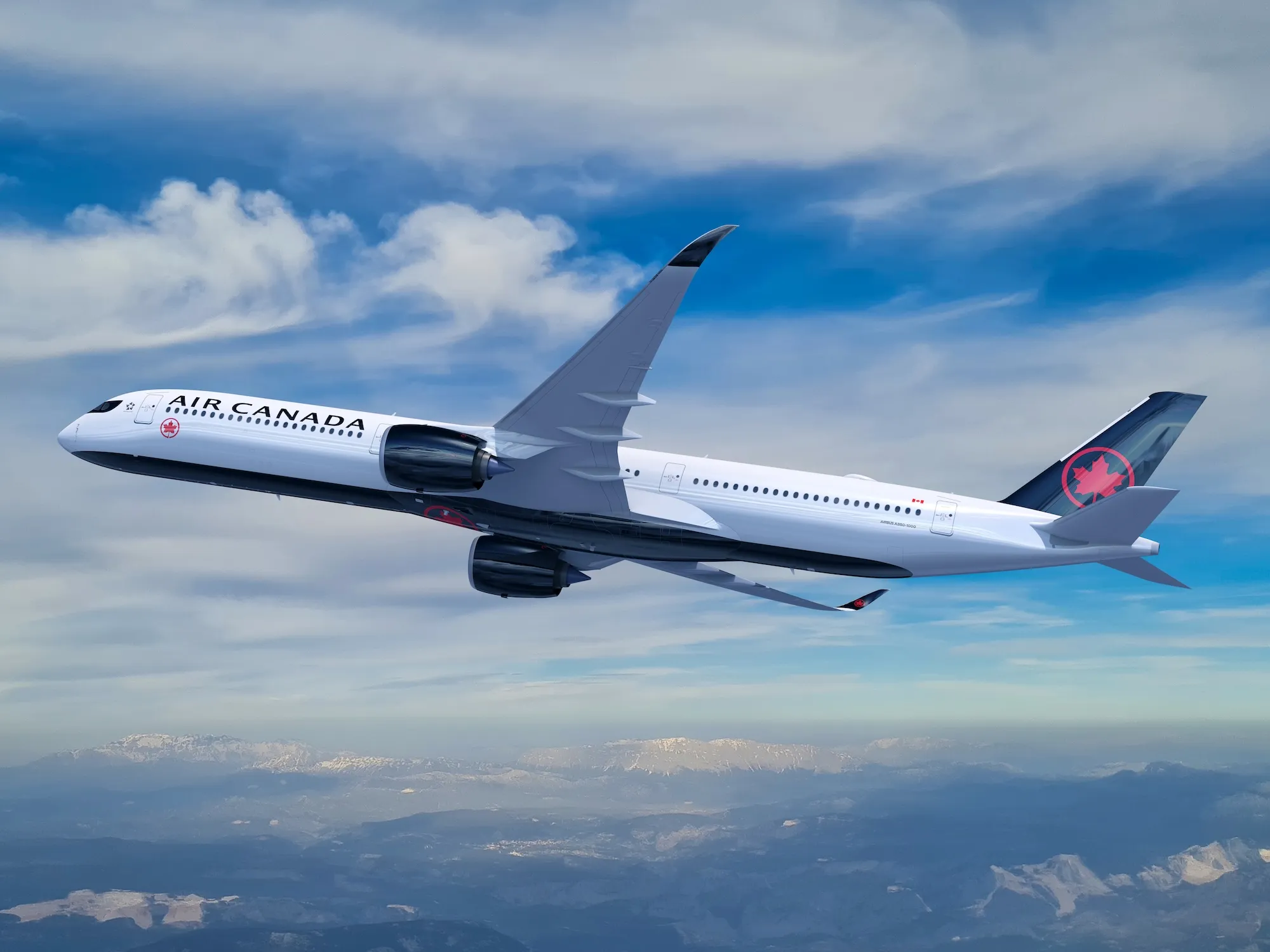
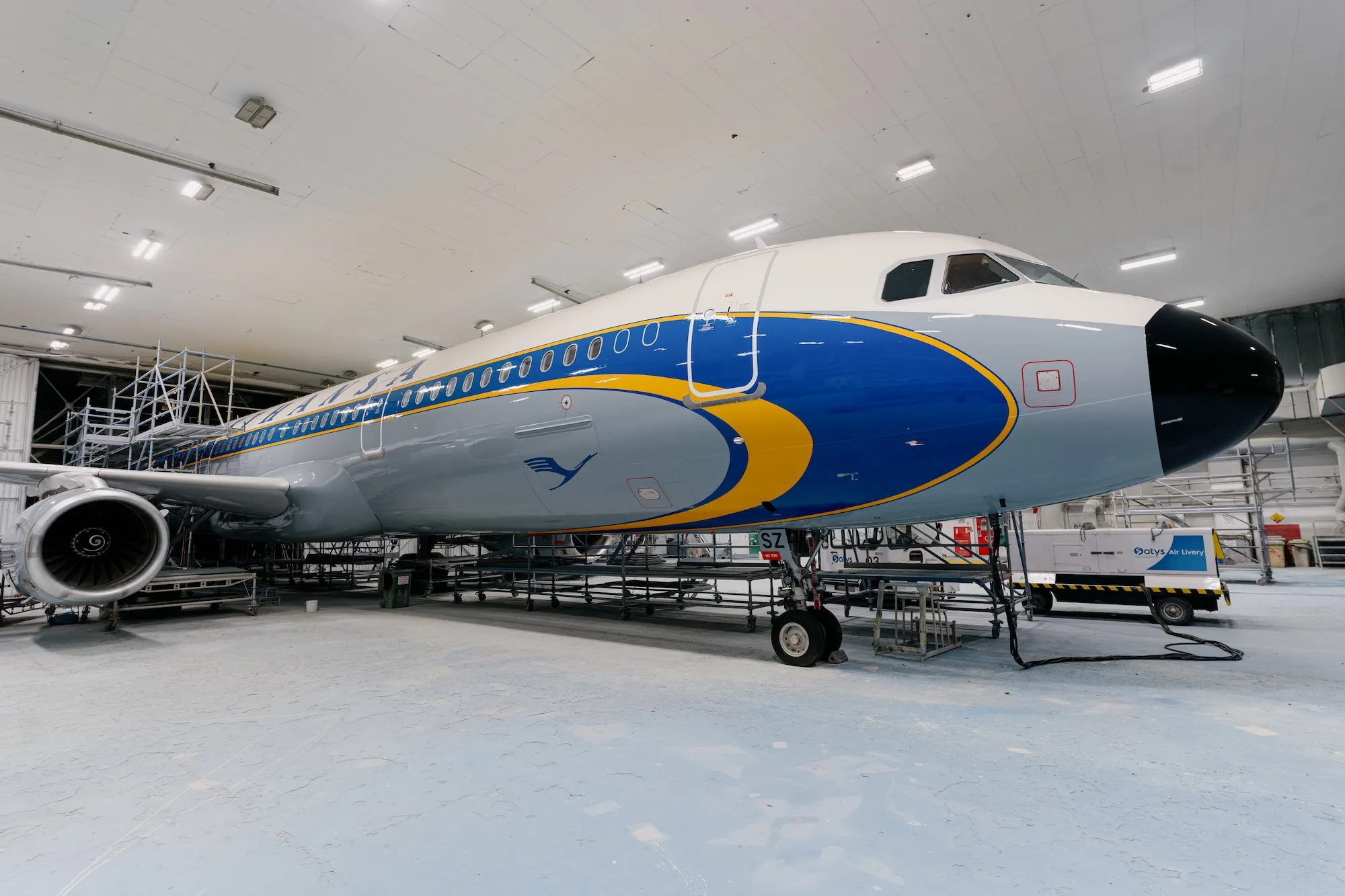
.webp)
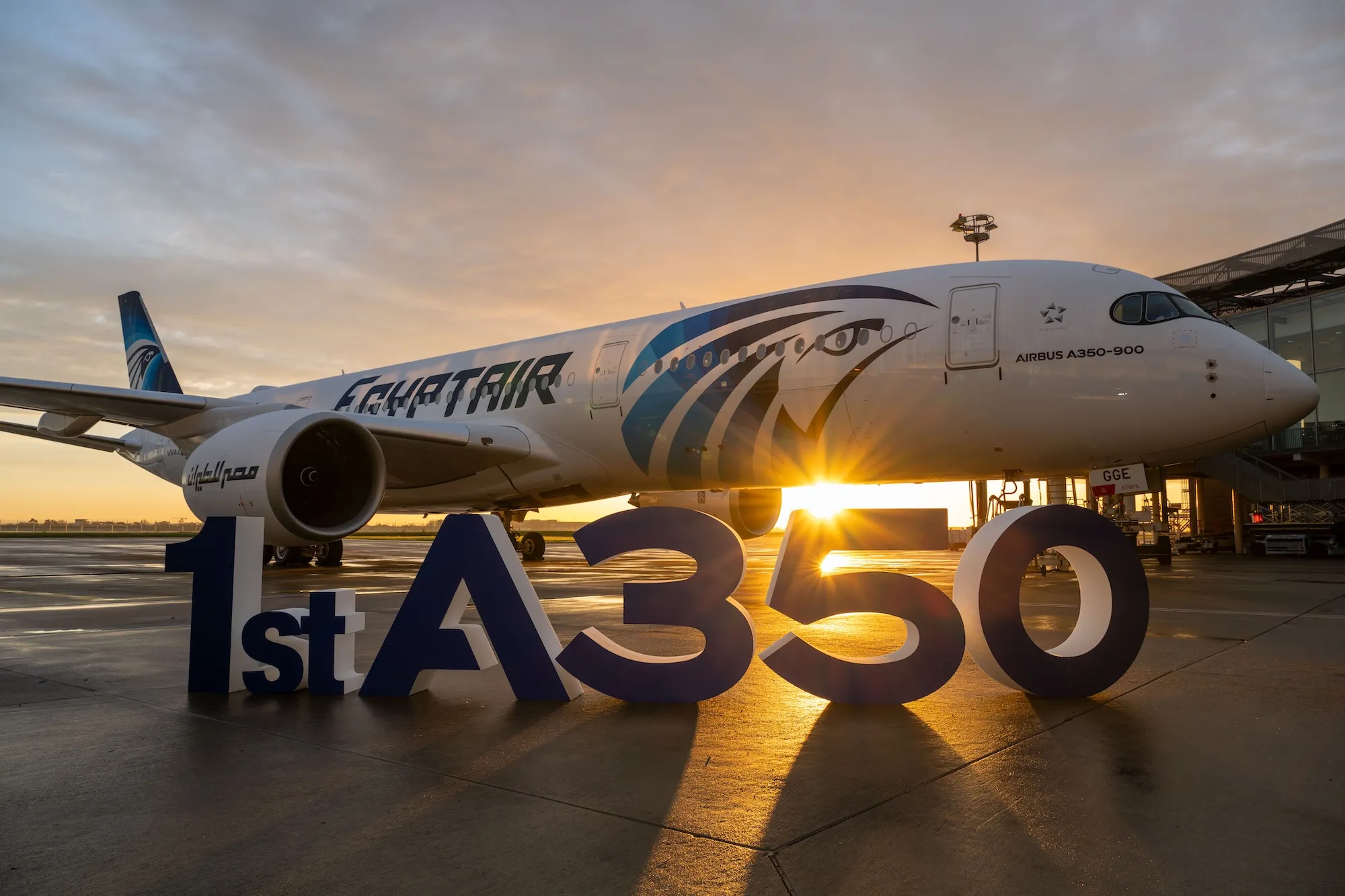


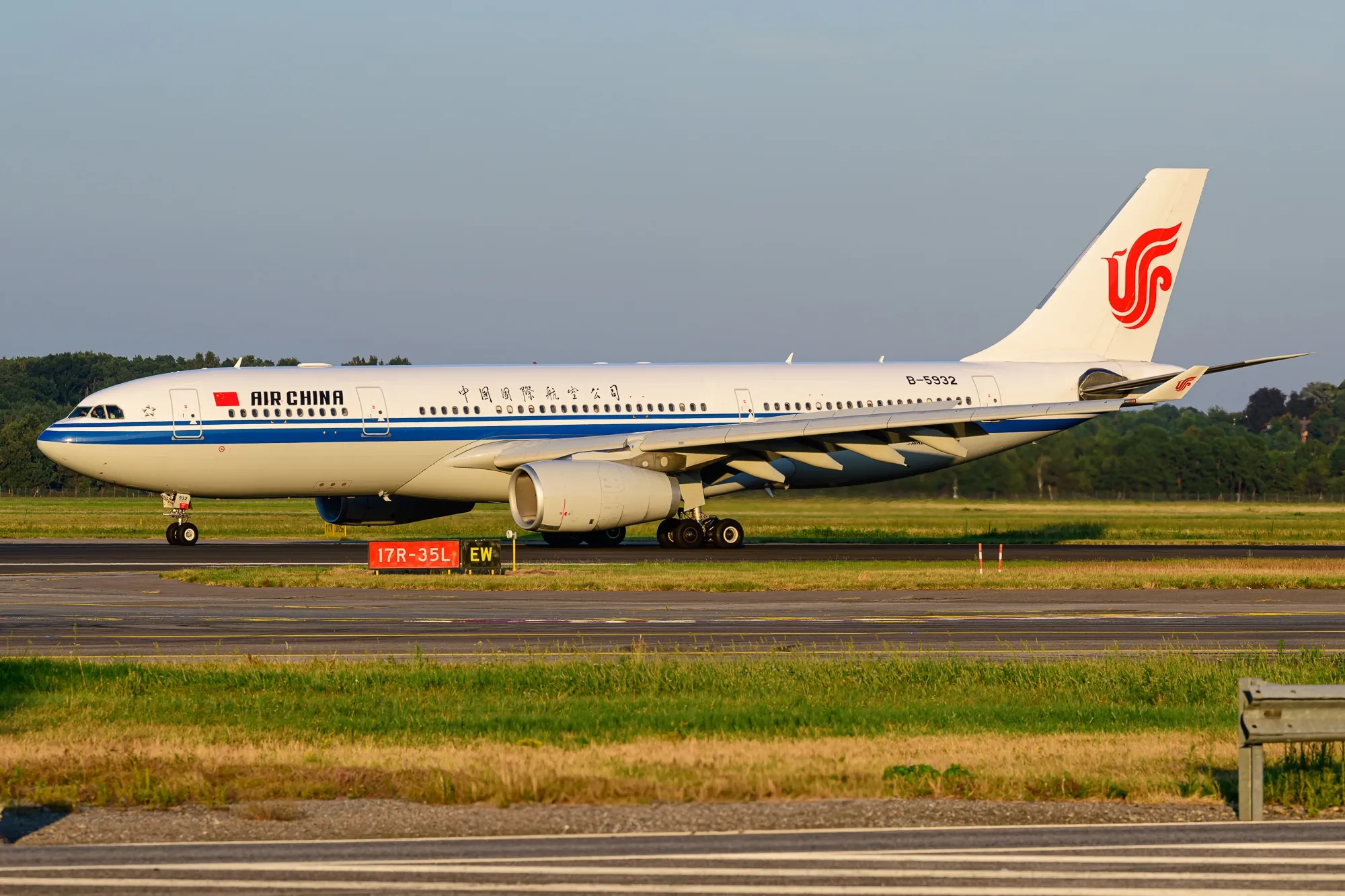
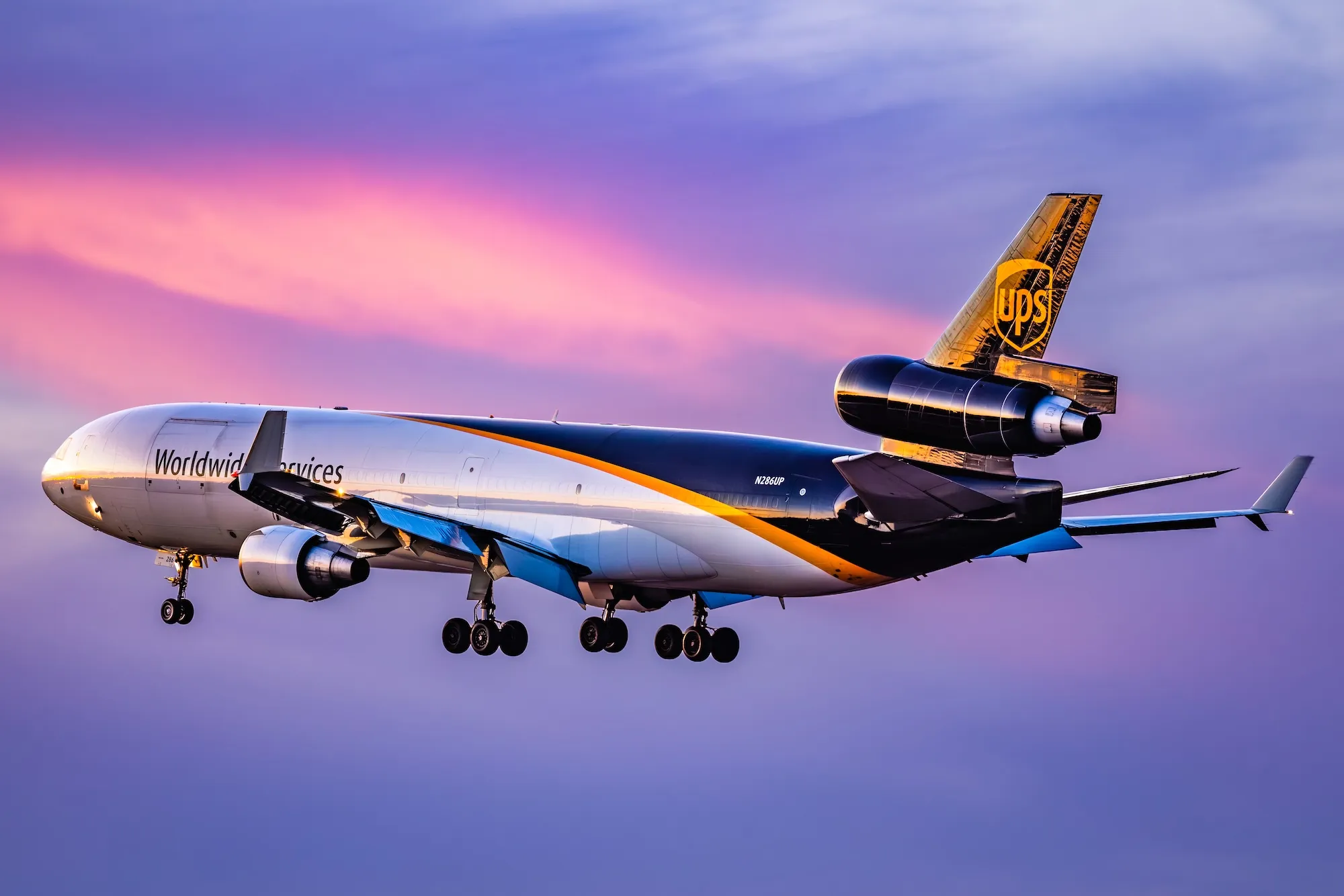
.webp)